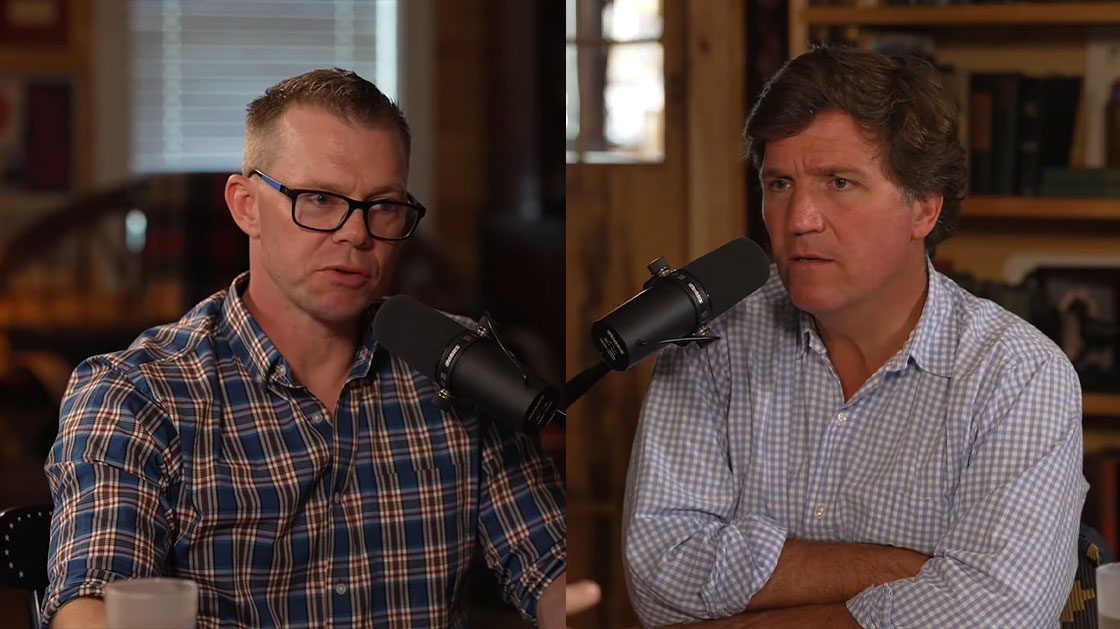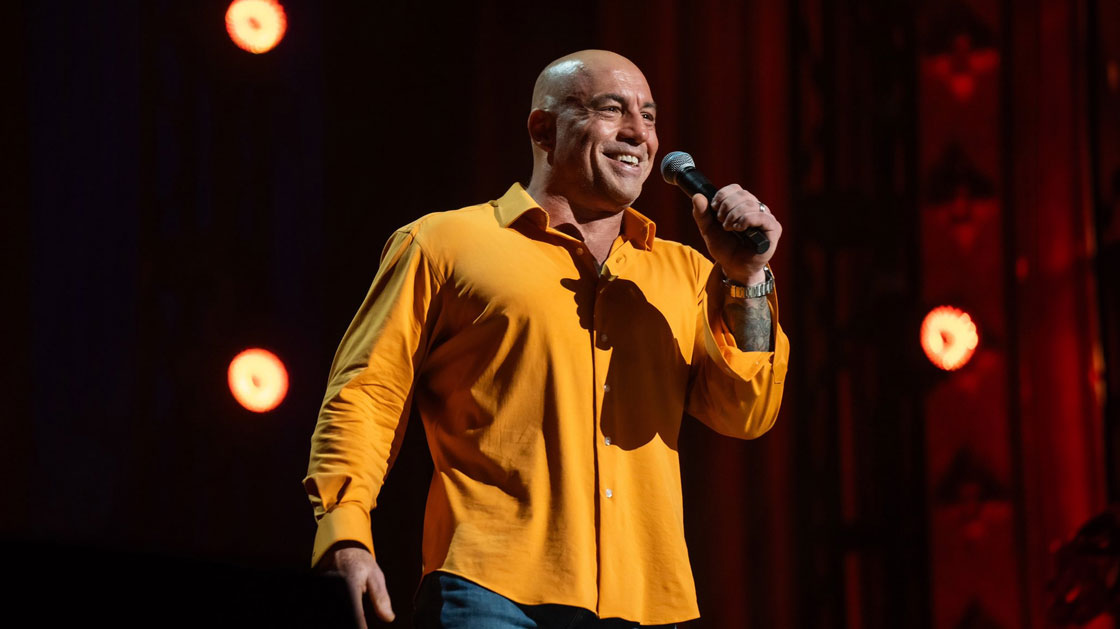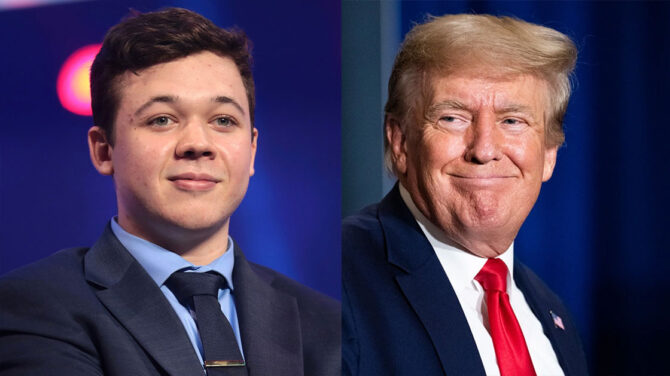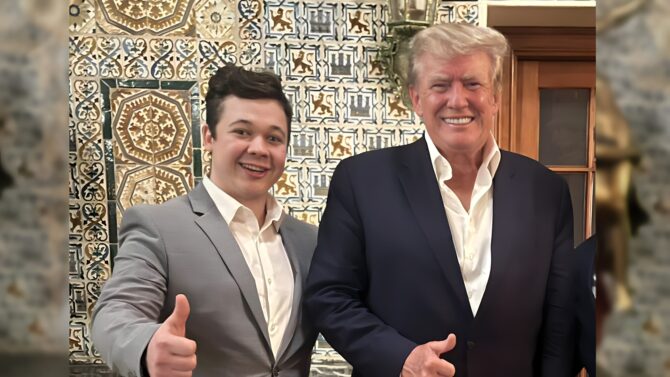
Jerry Seinfeld Misses Dominant Masculinity, Discusses the Era of ‘Real Men’

In a recent interview on the “Honestly with Bari Weiss” podcast, comedy legend Jerry Seinfeld expressed his longing for an era he fondly remembers as “dominant masculinity.” Known for his iconic sitcom “Seinfeld” and his Netflix film “Unfrosted,” Seinfeld’s comments have sparked discussions on the evolving definitions of masculinity and its portrayal in contemporary culture.
The comedian, who grew up admiring figures like John F. Kennedy, Muhammad Ali, and Sean Connery, reminisced about a time when these men embodied what he considers to be “real men.” Seinfeld acknowledged the potential for his remarks to be interpreted as endorsing toxic masculinity, but he clarified his position by suggesting that “confident masculinity” might be a more accurate term.
“I really thought when I was in that era, again, it was JFK, it was Muhammad Ali, it was Sean Connery, Howard Cosell, you can go all the way down there,” Seinfeld said, reflecting on the influential figures of his youth. “I always wanted to be a real man, but I never made it.”
Seinfeld’s nostalgia extends beyond masculinity to the broader cultural context of the 1960s. He noted that the era was marked by an “agreed-upon hierarchy,” a dynamic he believes is “absolutely vaporized” in today’s society. This nostalgia, he suggested, is part of what makes the 1960s attractive looking back.
While some have applauded Seinfeld’s candor, others have criticized his views, arguing that the concept of “dominant masculinity” can perpetuate harmful stereotypes and behaviors. The comedian, however, has not shied away from the debate, stating that he misses the “confident masculinity” of the past and that he “likes a real man”.
While some critics have rushed to label Seinfeld’s views as outdated, others see them as a crucial counterpoint in the ongoing cultural discourse that often favors the dismantling of traditional gender roles and disparages the importance of father figures. Seinfeld boldly engages with this critique, advocating for a resurgence of the assured, responsible masculinity that anchors families and nurtures future generations.
Seinfeld’s reflections serve as a wake-up call to the consequences of a society drifting away from these core values, prompting an essential conversation about the reintegration of strong masculine leadership within both the family and public spheres. His comments are not just a reflection on the past but a directive for the future, urging a return to the principles that foster resilience, integrity, and leadership among men.


















